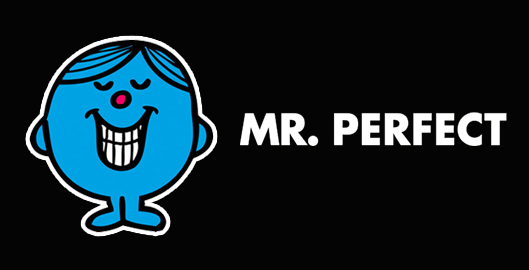
One of the biggest mistakes that we made at my first company was that we tried to get it perfect on the first try. Countless months were spent trying to make every single interaction, page, and pixel just p-e-r-f-e-c-t. If we’d only known! This was before MVP became a term people used on a daily basis. I’ll never forget a moment when I was talking with a former team member and they said “I wish we’d just started this as an iPhone app and then built a full product.”
The hard truth is that when you have an idea, it’s easy for it to just build and build and build in your mind. It’s just like when you are telling a story and you keep adding to the story with “and then, and then, and then”.
In my experience, focus is one of the greatest skills that I believe user experience designers need to develop. As designers, we need to develop our own focusing abilities in order to work through the million puzzle pieces and points of information that we need to process in order to develop a cohesive experience.
Possibly more important though is to develop the skill of helping others focus.
As I’ve said before, I really believe that in the majority of teams and projects, user experience is the glue that holds it all together. User experience is where all the paths eventually cross. Therefore, you’ll often find yourself at the intersection of many people and ideas that often are simply way beyond the scope of what you’re working on. It’s up to do you help bring that focus to the team and help them understand that the first launch doesn’t have to be perfect.
It’s great to dream of future features, but if you want to actually launch, you have to stop striving for perfect and instead stick to a specific purpose.
What you have to help people remember is that when you’re building a digital product, you have the luxury of changing it once it’s launched unlike for example a magazine or a physical product.
I remember years ago I used to say I was going to become a print designer because at least there was finality once something went to print. But, this lack of true finality when it comes to digital product is what frees us from needing to be perfect on the first try. This lack of finality is what ultimately lets us learn, make small changes, and in the end likely create a better product over time than what we would have made on the first try.
Now, there’s a difference between not striving for perfect and simply having the attitude of “good enough”. Just because it doesn’t need to be perfect doesn’t given you license to deliver sub par work just because you can “fix it later”.
Perfection is what ultimately causes one of the biggest loss of focus. Do whatever it takes to shift your mindset from perfect to purpose.